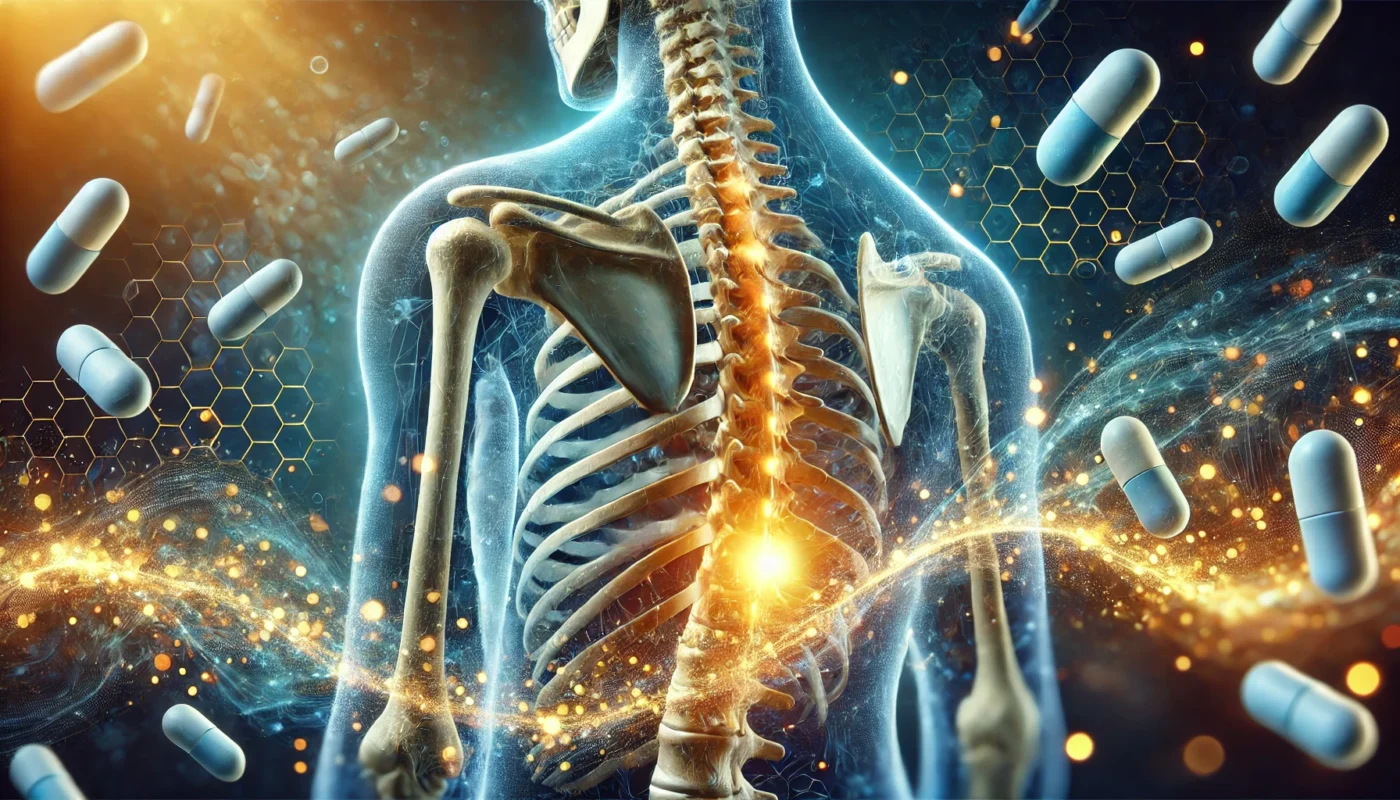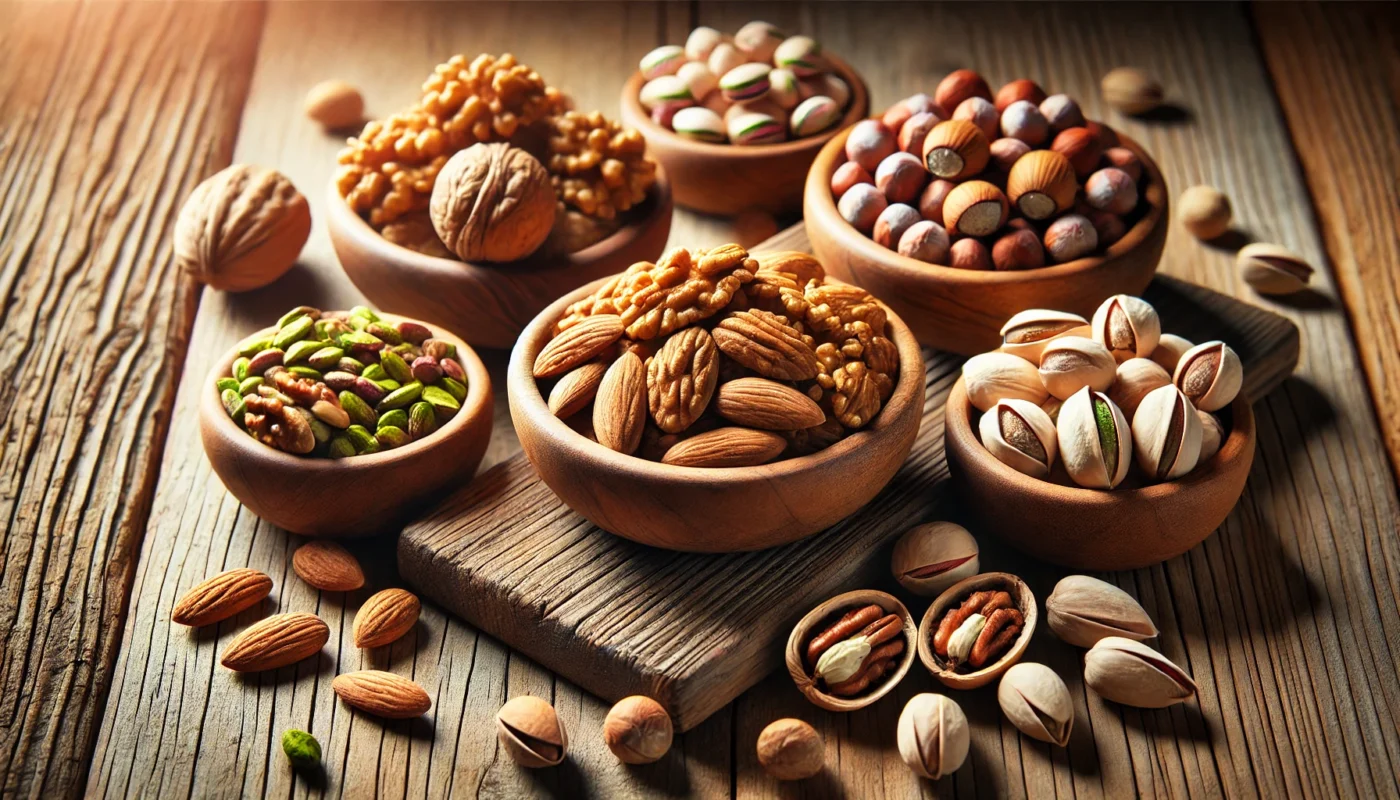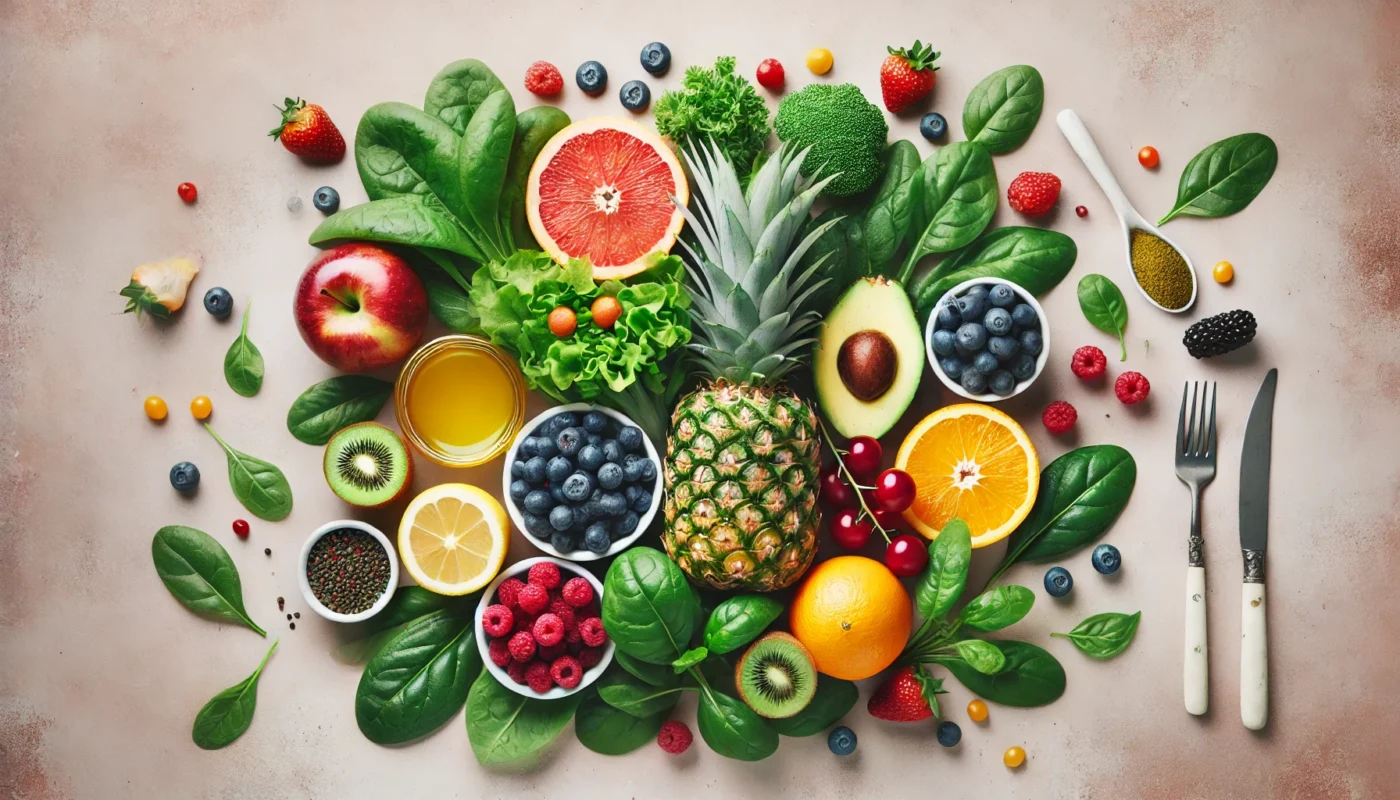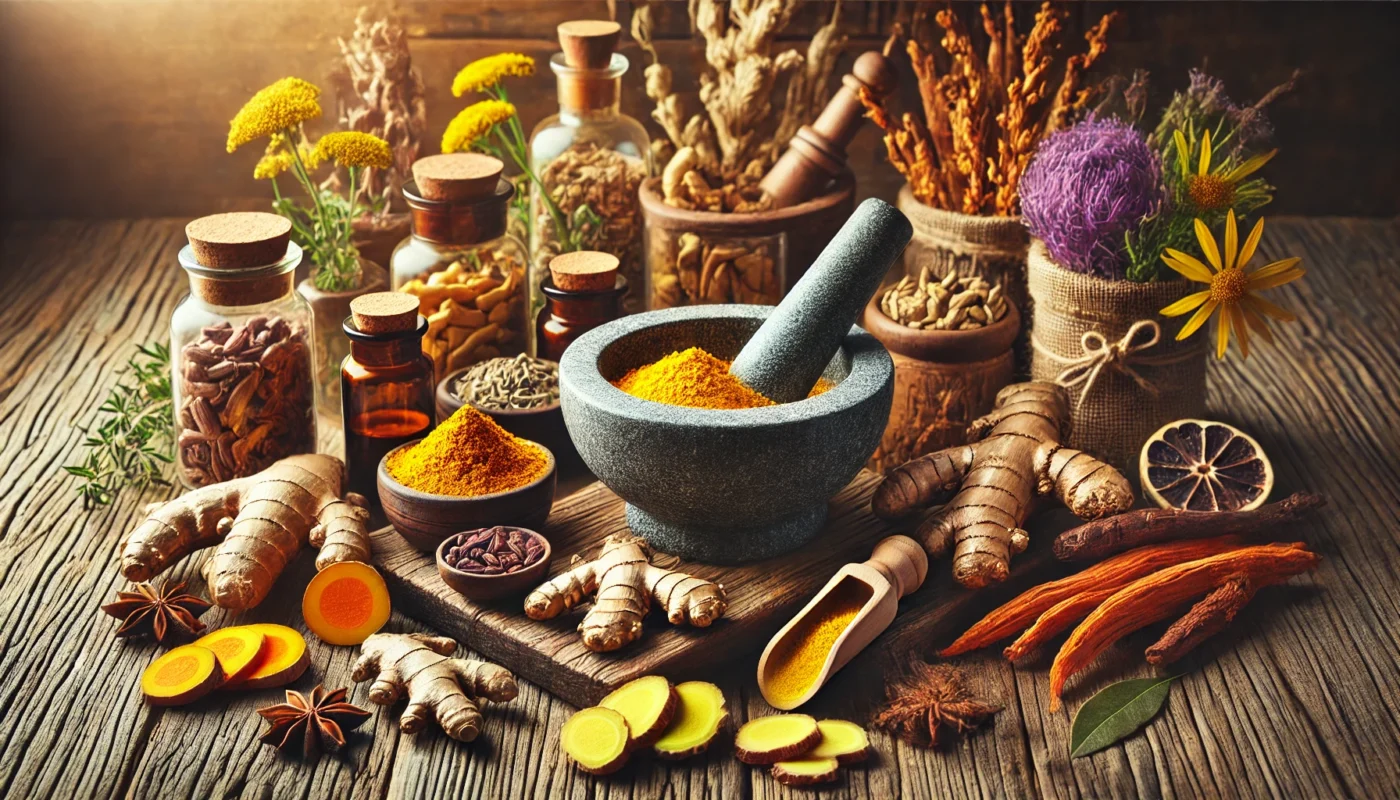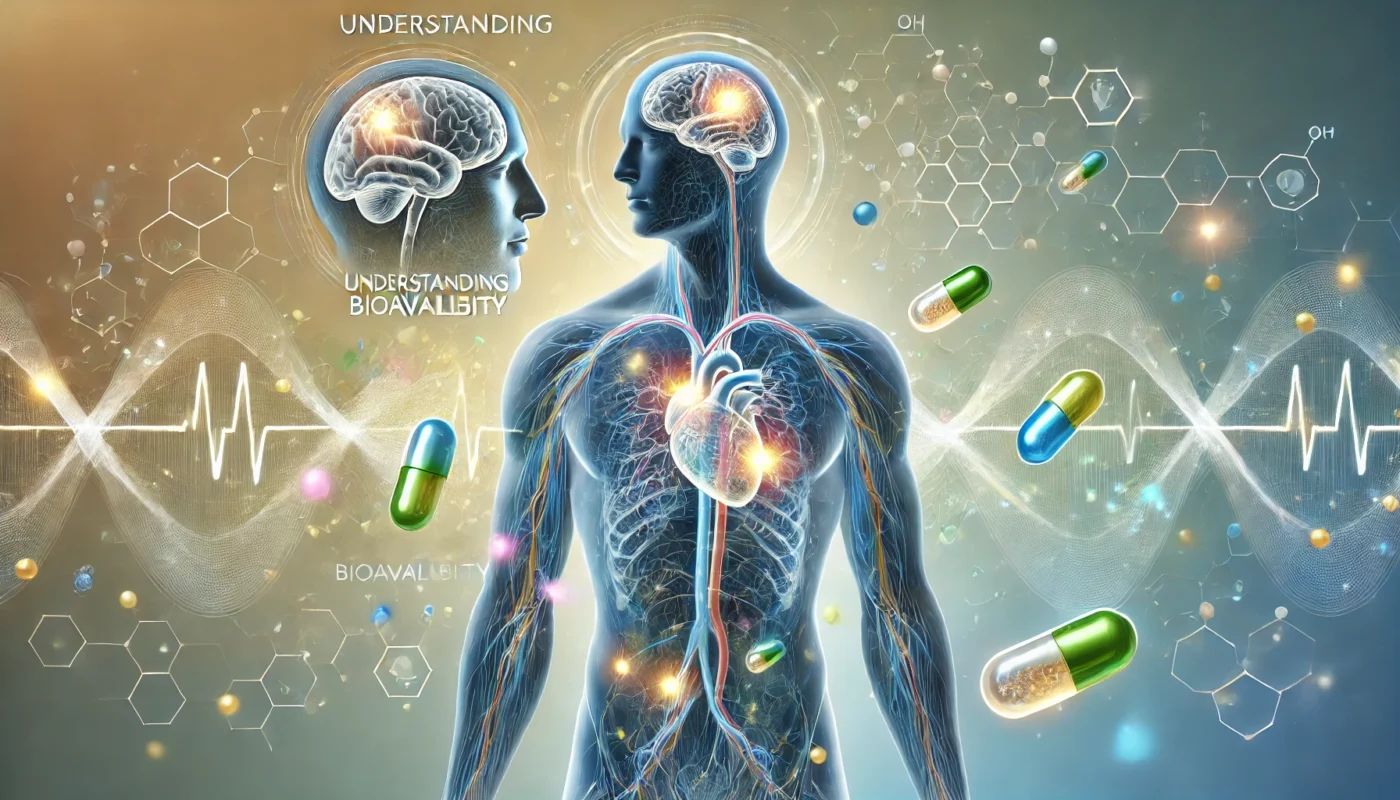Bone pain can be an elusive and challenging condition to manage, often leaving individuals searching for effective solutions that offer relief. Whether it stems from an injury, chronic condition, or a temporary ailment, understanding the options available for pain relief is crucial. In this article, we will delve into the various medicines and remedies available for bone pain, providing you with a comprehensive guide to finding relief.
Tag Archives: magnesium
Before diving into the specifics, it’s crucial to grasp the relationship between nuts and inflammation. Nuts are nutrient-dense foods packed with healthy fats, fiber, protein, vitamins, and minerals. While some might wonder, “are nuts inflammatory?” the answer largely depends on the type and quantity consumed. Generally, most nuts are beneficial in moderating inflammation due to their rich antioxidant content.
Before embarking on the journey of natural relief, it’s essential to grasp the intricacies of fibromyalgia. This syndrome affects approximately 2-4% of the global population, predominantly women. The exact cause remains unknown, but it’s believed to involve a combination of genetic, environmental, and psychological factors. Symptoms can vary, but common complaints include chronic pain, sleep disturbances, and cognitive difficulties, often referred to as “fibro fog.”
Fibromyalgia is often misunderstood and misdiagnosed due to its complex nature. It affects approximately 2-4% of the population, with a higher prevalence in women. The symptoms include persistent pain, sleep disturbances, cognitive difficulties (often referred to as “fibro fog”), and emotional distress. Diagnosing fibromyalgia can be challenging since it shares symptoms with other conditions.
Lyrica, also known by its generic name pregabalin, is commonly prescribed for nerve pain associated with conditions like fibromyalgia, diabetic neuropathy, and post-herpetic neuralgia. While it can be effective in these cases, some individuals experience side effects such as dizziness, fatigue, and weight gain, prompting a search for alternatives.
Opiates are a class of drugs derived from the opium poppy plant, primarily used for their analgesic (pain-relieving) properties. Common opiates include morphine, codeine, and oxycodone. While highly effective for pain relief, they come with a range of potential side effects, particularly concerning the digestive system.
Nerve pain, or neuropathic pain, is a complex and often chronic condition that arises from damaged or dysfunctional nerves. Unlike the pain from an injury or inflammation, neuropathic pain is more challenging to treat with standard painkillers. Medications like gabapentin, pregabalin, and certain antidepressants are commonly prescribed, but they often come with a host of side effects, prompting individuals to seek alternative remedies.
Foot swelling, medically known as edema, can be attributed to various factors, each requiring a tailored approach for management. Understanding these causes can significantly impact the effectiveness of dietary and lifestyle interventions.
Prednisone is a common medication prescribed for a variety of health conditions. It’s a synthetic corticosteroid that works by suppressing the immune system and reducing inflammation.
However, long-term use of prednisone can lead to unwanted side effects. These can include weight gain, osteoporosis, and an increased risk of infection. As a result, many individuals are seeking natural alternatives to prednisone.
This article aims to explore these natural alternatives. We’ll delve into the science behind them and how they can be applied in a practical way. Our focus will be on holistic and alternative health approaches for managing inflammation and autoimmune diseases.
We’ll discuss natural corticosteroids produced by the body and how certain plants contain phytochemicals with anti-inflammatory properties. We’ll also explore the role of diet, exercise, and lifestyle changes in managing inflammation.
Moreover, we’ll look at the potential benefits and risks of using herbal supplements as natural prednisone substitutes. It’s important to note that while these alternatives can be beneficial, they should be used under the guidance of a healthcare provider.
Magnesium is an essential mineral, playing a pivotal role in over 300 enzymatic reactions that regulate various physiological processes. These range from energy production and muscle function to nervous system regulation and bone health. However, not all magnesium supplements are created equal when it comes to their ability to deliver this vital mineral effectively to […]
- 1
- 2

